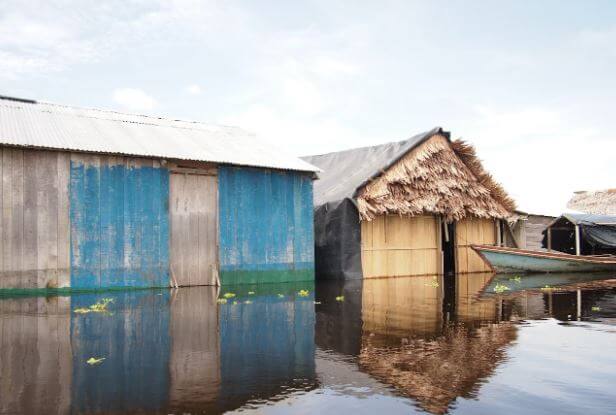Identity has become one of the major lenses through which we understand politics today. That’s especially true of indigenous politics, where claiming indigenous identity appears to be central to the whole endeavour.
On the other hand, making political claims based on indigeneity comes with its own compromises. Many groups find they’re expected to be environmental conservationists, or economic collectivists, once they’ve won rights to self-governance.
Recriminations between former allies can cut deep in such scenarios, and they’re not helped by the identity lens. Indeed, if their allies are convinced that indigenous people are by nature conservationists and communitarians, then those who don’t take such positions find themselves branded as co-opted sell-outs or inauthentic frauds.
For this reason, after some 30 years of indigenous rights activism, today many groups no longer advance their political interests through indigenous rights claims. This has been a theme of my recent research in South America.
In the Ecuadorian and Peruvian Amazon, indigenous leaders are increasingly pursuing politics through the structures of the nation-state, rather than seeking to escape them. Municipal council elections have become a primary arena, as they gel well with a culture of politics that, in general terms, values decisive leaders and strong, persuasive oratory.

In Venezuela, there are vast, economically undeveloped areas where local people still speak little Spanish and have little understanding of urban society. Still, these ostensibly “typical” indigenous people are not necessarily interested in identity-based rights claims either.
One group, when invited to participate in the Day of Indigenous Resistance in Caracas, performed a song designed to protect themselves from “the white people” of the big city, then left. They have scarcely been involved in formal politics since.
The trick of identity as a political lens is that it can lead one to imagine entire sets of people with the same interests and stances. For indigenous people, this papers over the tremendous diversity of their cultures and politics worldwide.
Thumbnail image courtesy of @tatizanon via Unsplash.